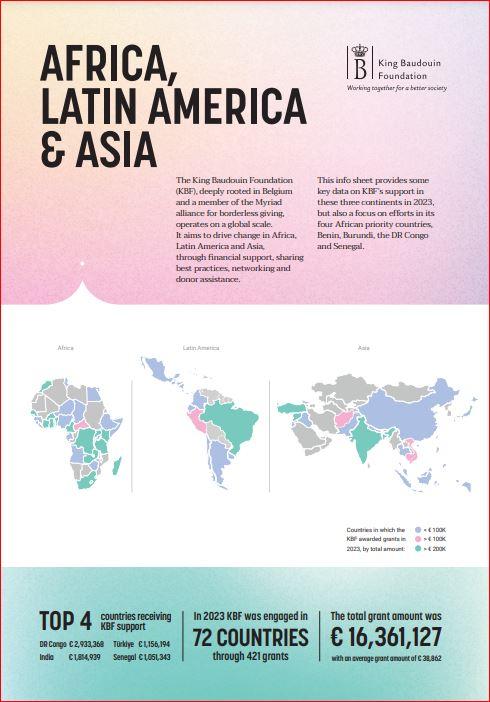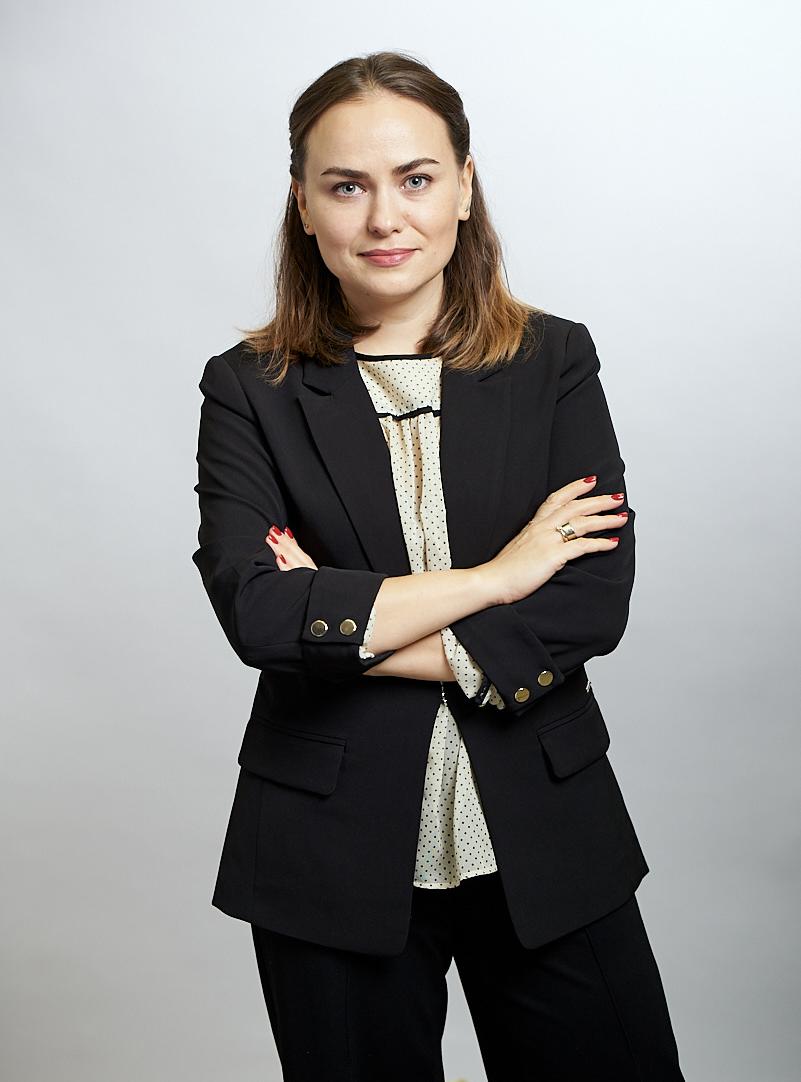
“In Ukraine there are no grey areas anymore”
On 24 February 2022, fifty journalists from business newspaper Liga.net all became war correspondents overnight. Ten months later they are still trying to provide Ukrainians with the independent information they long for, with support from the King Baudouin Foundation.
It is a few months now since the editors of Liga.net did nothing but war reporting from the front line. “In the beginning we were all only reporting on the war. Everyone worked together, including the people from our commercial and marketing departments. We had an Ukrainian news feed, a Russian one and an English one, says editor-in-chief Yulia Bankova.
They just had to drop everything. They lost access to the databases they were using as a business newspaper. “These were shut down due to security considerations, to avoid endangering Ukrainians in the occupied areas.” Government officials very rarely provided any comment at all. “We were not given much information about the progress of the war, and in many cases it was delayed.”
Journalists risked their lives to send reports. They needed accreditation from the Ministry of Defence to do their work. In April the Ministry was overwhelmed with more than 10,000 requests from Ukrainian and foreign journalists, and waiting times increased. Working without accreditation was difficult. “When our journalists wanted to speak to volunteers, they asked to see proof because they were afraid that we were infiltrators. There were a lot of conspiracy theories doing the rounds.”
Combating rumours
Ten months later, many of the logistical problems still exist but the editors “have learned to live with all these problems; we have found solutions”, says Yulia Bankova. New contacts with new sources, agreements with the authorities about what they can or cannot mention due to security considerations, and when they can mention it. Some databases with less sensitive information are now accessible again.
After a few months the editors of Liga.net began reporting on other areas again. “The war affects everything and everyone, including businesses. We reported on people who had lost their jobs or were forced to close their businesses. Once again we were able to bring background stories and we analysed the war economy.”
Ukrainians were and continue to be hungry for practical information that they can use in their everyday lives. Where can you attend a First Aid course? How do you use a gun? How do you escape from an occupied area? “We provide tips. How do you survive a cold winter, how do you protect your house? So we reported on how a flourishing market has grown up in the underground shelters.”
Although Liga.net has resumed its activities, the news feed continues to be the most popular content. The journalists at Liga.net also work to combat the false rumours and false information that come into circulation. “People want to get information quickly. They turn to social network sites like Telegram, which has become the most important source of information for Ukrainians. Anonymous channels with more than a million followers can spread rumours unchecked, and this happens at lightning speed.”
“If a message turns out to be untrue they will delete it, but by that time many people have already read it.” Liga.net is using its own Telegram channel to counter this tendency, but the newspaper's 50,000 followers are not even a fraction of the numbers who follow some of these channels. “I am old school. I prioritise quality over speed. We might be ten minutes later, but at least the news is true.”
Financially drained
Fake news represents an impossible struggle, she sighs. She wonders where the popular Telegram channels get their funding. Liga.net has been financially drained as a result of the war. The newspaper used to receive a large proportion of its income from advertising. “When the war began, companies had either no interest or no money.” Their income dried up.
Subscriptions fell sharply too. “People have to make difficult decisions. Should they put money aside to continue putting food on the table? Was it better to give money to the Ukrainian army, or allocate it to the media? We try to convince them to continue supporting us by showing how important independent media are right now.”
Liga.net is able to cope thanks to international partners and donors such as the KBF. Through the Media Development Investment Fund, the KBF invests in independent media that broadcast the news and debate that a healthy society needs. “Our partners allowed us to use the money that they had allocated to specific projects to pay the wages and buy protective equipment for our journalists, such as helmets. That support is helping us to survive. They still allow us to use donor money in any way we need or extend projects that have actually come to an end.”
Things are going a bit better now. “Some businesses support us, but there are still not enough of them to cover all our editorial costs. Our commercial department is also looking for ways of supporting companies, like they did in March. We now have a page of free business news. We currently receive 20 percent of our income from advertising, 16 percent from subscriptions and 61 percent from grants, although these only accounted for 15 percent before. I cannot see that changing any time soon.”
Emotions under control
How much do you tend to censor yourself, as a journalist working in a country that is at war, either out of patriotism or self-preservation? “The work has been very difficult, particularly emotionally. We organised therapy sessions when our journalists didn't want to take any time off. No weekends, not even a single day off. They were too nervous and worried about their families; they just wanted to carry on working. Under those circumstances I couldn’t force them to take an occasional day off.”
It is not easy to be a journalist when your own country is at war, says Bankova. “In the first few months, for example, one journalist in my team was working from an underground shelter, while his wife was trapped in Donetsk and he was looking for a way to get her out of there. Another journalist in my team comes from Izyum, which was recently liberated, and his father, mother and other family members were trapped in the region. Still, he carried on working.”
“Donors always ask about that. Are we still able to work objectively? Do we express criticism of our government? Expressing criticism is a national sport for Ukrainians. Now that we are united against a common enemy, we still find ways to criticise our leaders. Everyone shares in the criticism - except our army; they are heroes.”
"Independent media are essential during such dramatic times. Liga.net continues to fulfill its mission thanks to donors such as the King Baudouin Foundation."
At the beginning of the war the editors talked about how they would report on the war. “How would we keep our emotions under control? At that time we made a clear decision: we would report the facts, tell people’s stories and explain important issues., In Bucha we described what we saw with our own eyes and shared the stories that people told us. At that time we were of course reporting on the Russian government’s position too. Still, we could see the corpses in the streets. There are no grey areas in Ukraine right now; everything is black and white. There is a victim and there is a perpetrator, with no equivalence between them.”
Other stories
Inspiring engagement!
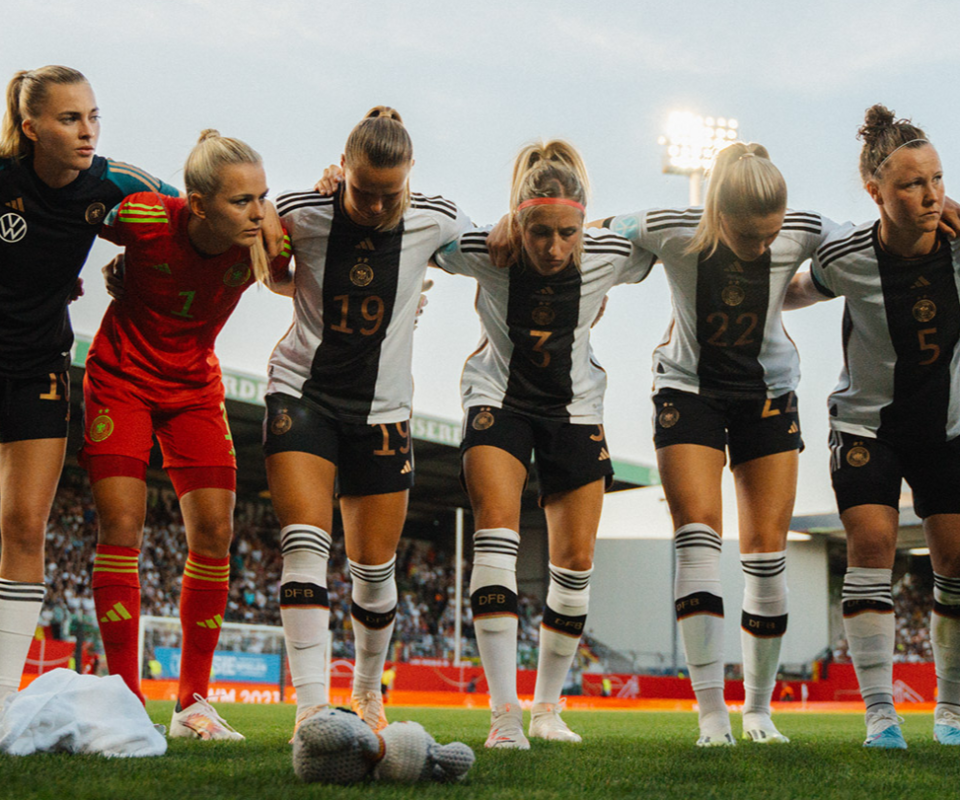
Teamwork key to tapping stars’ potential to drive change
Global philanthropy
“If you’re an athlete with a million people following you on social media, you have ambitions that go far beyond scoring goals … A lot of the magic is in the co-creation process.”
Other calls

Affordable innovations for mobility
Supporting purpose-driven start-ups developing affordable hardware solutions to enhance mobility and/or quality of life for people with limited mobility.
Soon to be closed!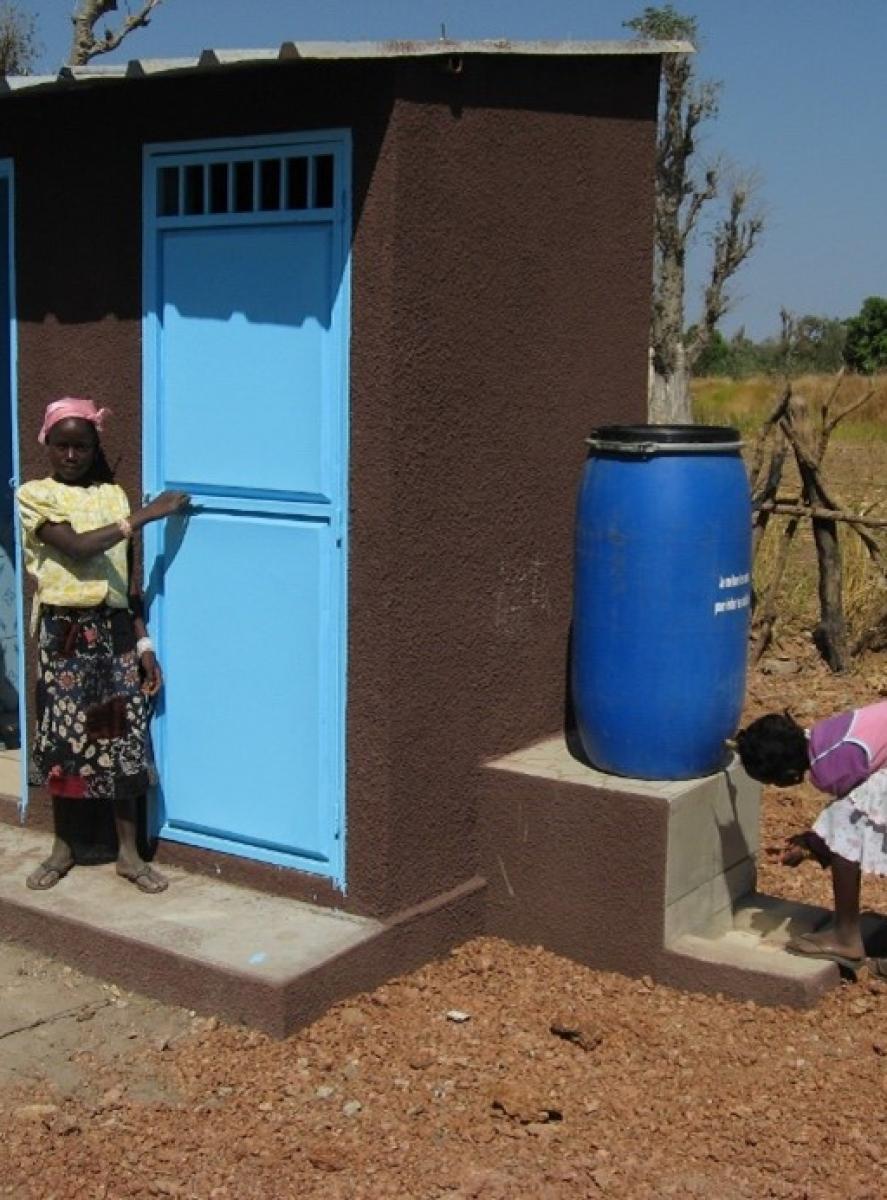
Elisabeth & Amélie Fund - access to water - 2025
Support for projects of Belgian organizations working in countries in the southern hemisphere to improve access to water.
Selection announced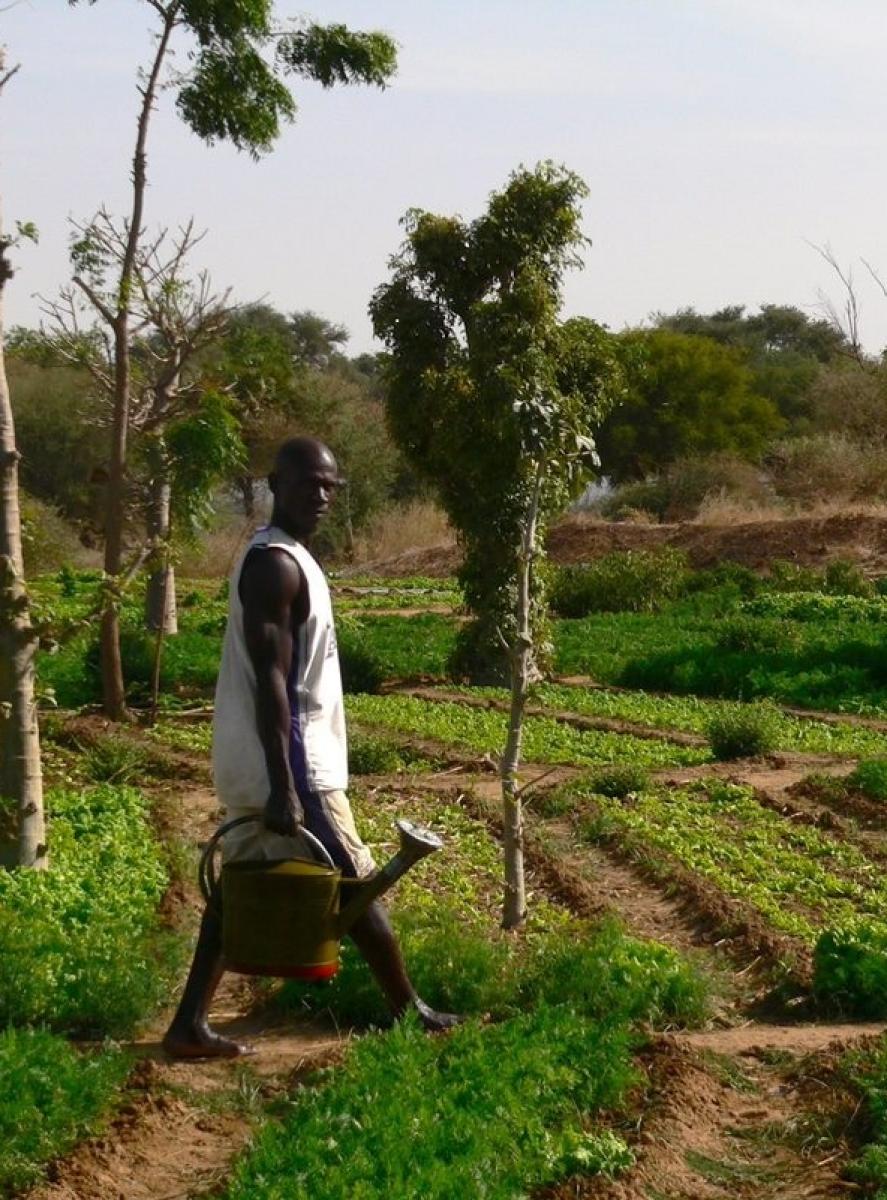
Call Scholarships 2024 Elisabeth & Amelie Fund
Grants to enable foreign masters’ students to do an internship in sustainable water management in a developing country. Grants awarded by the Elisabeth & Amélie Fund.
Selection announcedOther publications
Other philantrophy
Fernand Bogaert (Fund)
In Belgium, support for vulnerable, very ill patients, especially palliative care for cancer patients. In the South, the fight against life-threatening diseases such as leprosy.
Hestia (Fund)
The Fund is committed to providing quality housing for people in need, supporting social economy initiatives and allocating loans to African entrepreneurs.
Marie-Thérèse Leboutte (Fund)
Support medical research in Belgium, contribute to the education of girls in countries where this is problematic, and contribute to emergency humanitarian aid.
Other press releases
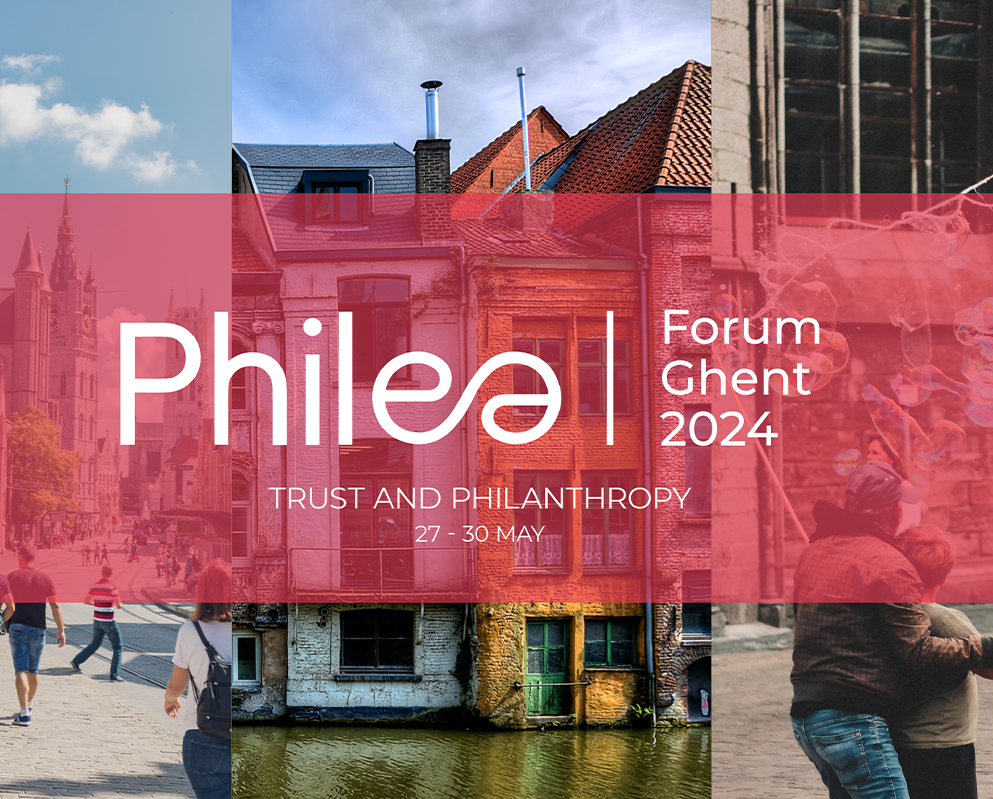
Trust, philanthropy and moral ambition – 3rd edition of Philea Forum closes in Ghent
The 2024 Philea Forum took place in Ghent, where 780 participants convened to dive into the theme of “Trust and Philanthropy”. The King Baudouin Foundation hosted the forum this…
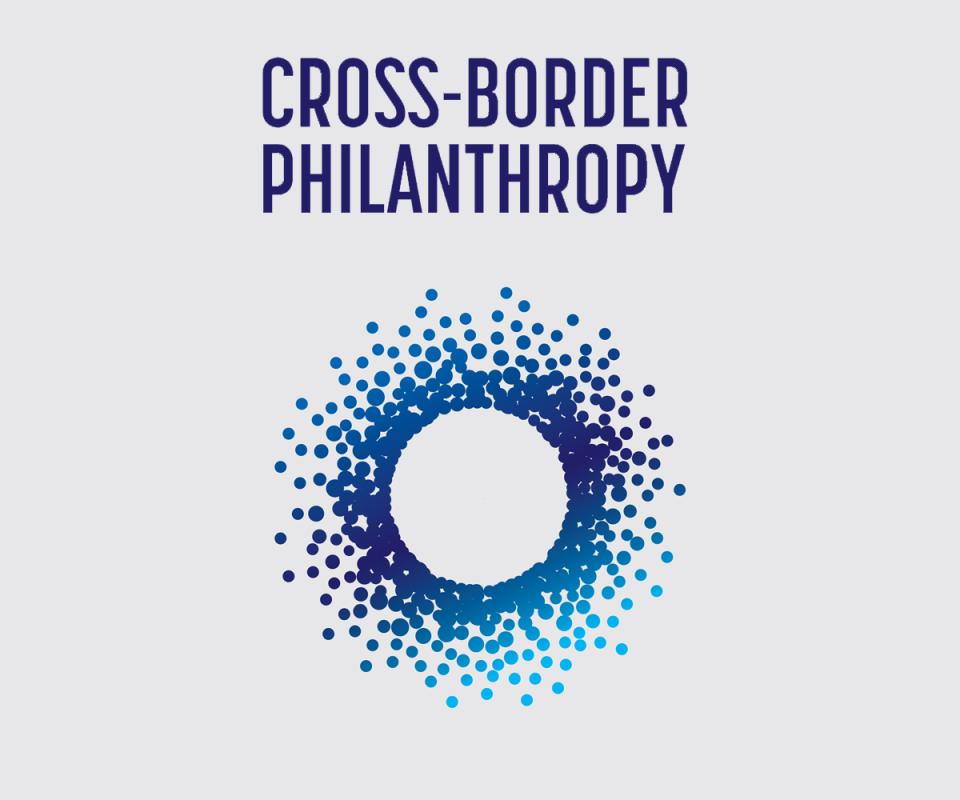
Next step to a Single Market for Philanthropy
King Baudouin Foundation, together with Philea and its partners and the Lex Mundi network, updated the status of the Single Market for Philanthropy in the EU by compiling data in…
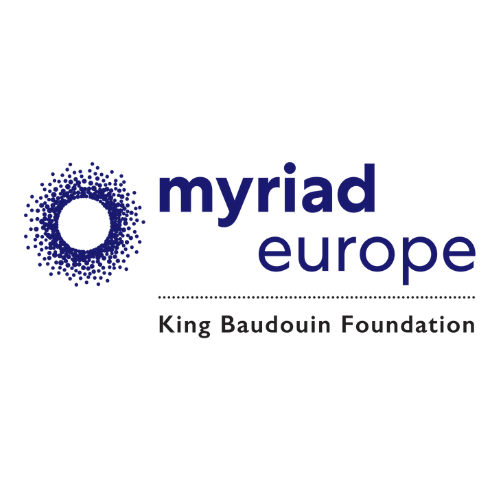
Unlocking the potential of international philanthropy
The King Baudouin Foundation launches Myriad Europe, marking its commitment to unlocking the full potential of international philanthropy in association with its partners in the …
